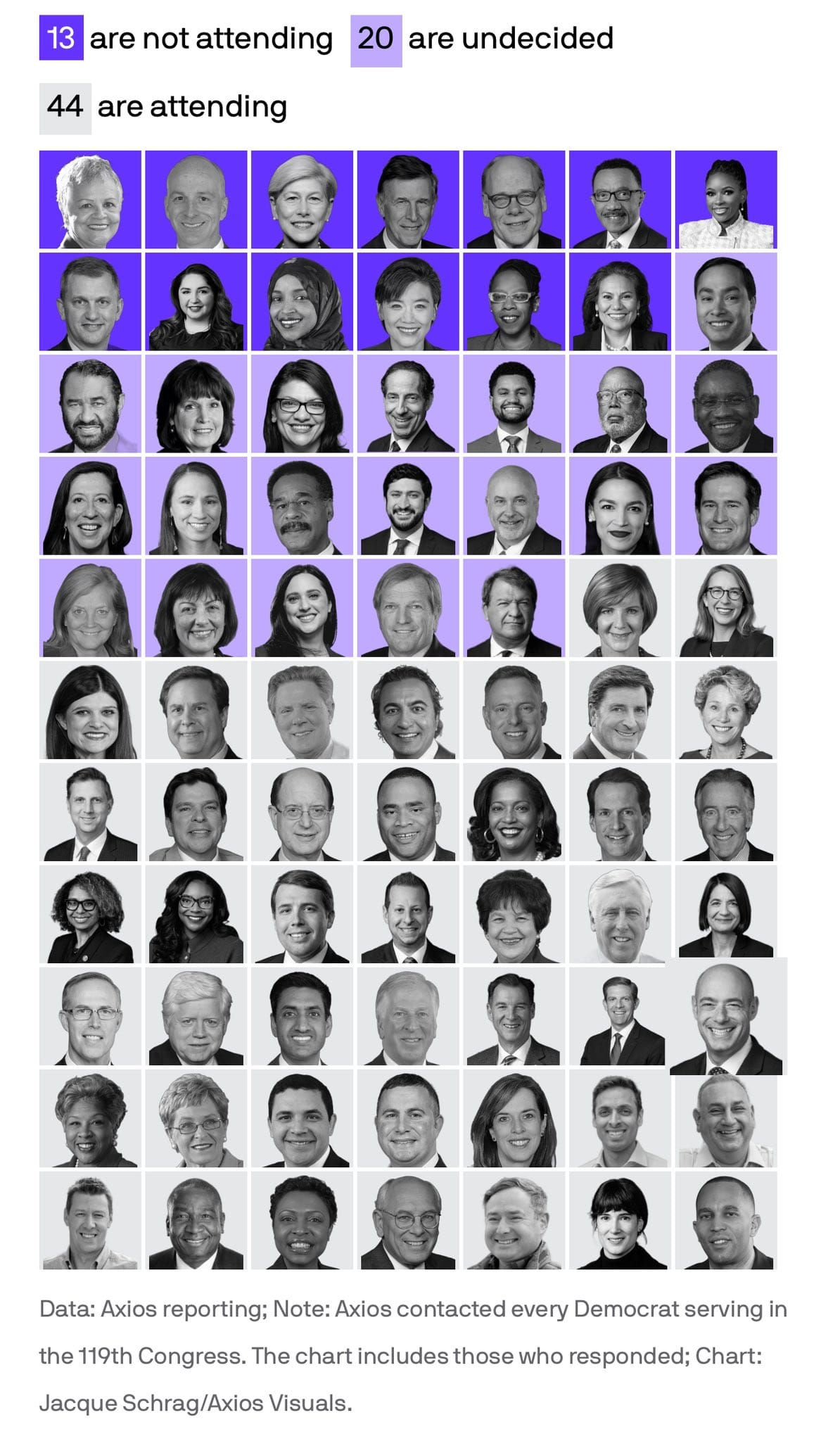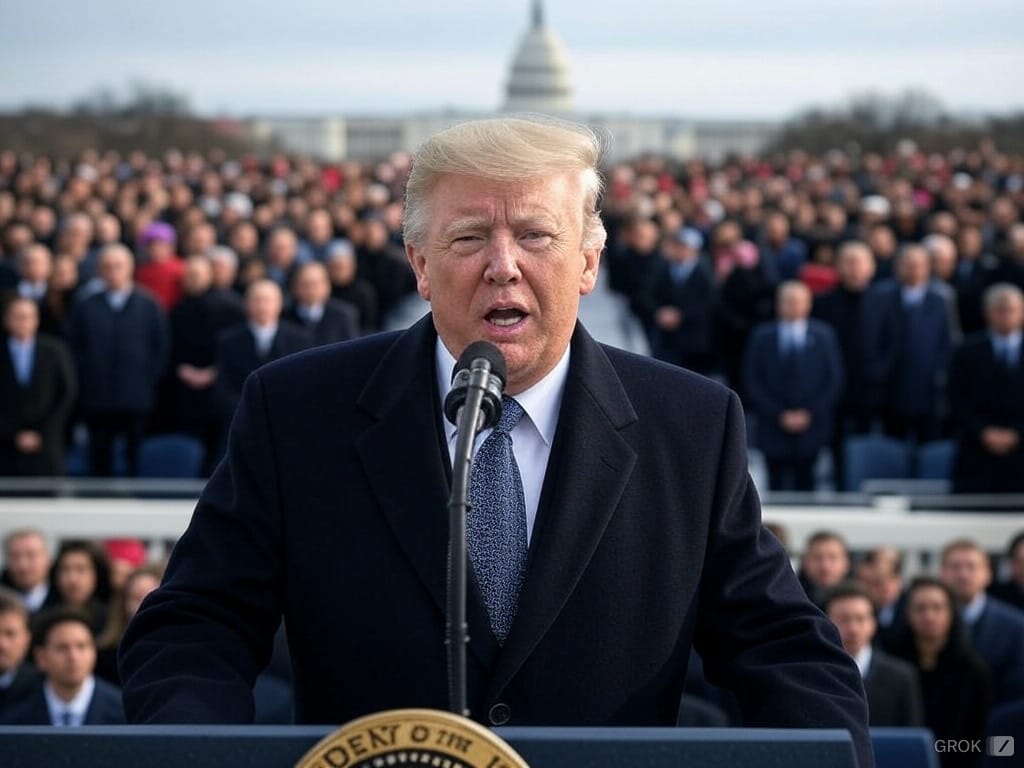Democratic Lawmakers Refuse to Attend Trump's 2025 Inauguration: A Display of Sore Loser Tactics
Washington, D.C. - December 15, 2024 In a move that seems more about political theater than principle, a significant number of Democratic lawmakers have announced they will boycott Donald Trump's inauguration on January 20, 2025. This decision continues a pattern of resistance seen during Trump's
Washington, D.C. - December 15, 2024
In a move that seems more about political theater than principle, a significant number of Democratic lawmakers have announced they will boycott Donald Trump's inauguration on January 20, 2025. This decision continues a pattern of resistance seen during Trump's first term, highlighting the deep partisan divide but also what many conservatives view as a refusal to accept the democratic process.
Boycott as Political Posturing
Critics from the conservative side see this boycott as an act of sore losership, a refusal to acknowledge the will of the voters who elected Trump for a second term. Figures like Rep. Alexandria Ocasio-Cortez and others have cited Trump's actions regarding the January 6, 2021, Capitol riot and his questioning of election integrity as reasons for their absence. However, conservatives argue this is selective outrage, ignoring similar or worse behaviors from other politicians when it suits their narrative.

Conservative commentator Sean Hannity remarked, "This boycott isn't about principle; it's about performance. They're more interested in scoring political points than in representing their constituents in a time of transition."
Public and Political Backlash
On platforms like X, the conservative community has been vocal in their criticism, seeing the boycott as yet another example of Democrats' unwillingness to move past the election. Many argue that instead of boycotting, these lawmakers should focus on constructive opposition or, better yet, cooperation where possible to serve the American people.
There's a consensus among many conservative voices that such actions only serve to deepen the divide, potentially alienating moderate voters who are tired of the constant political strife. "Why can't they just accept the results and work within the system?" asks one X user, encapsulating the frustration felt by many on the right.
A History of Division
This isn't the first time Democrats have boycotted Trump's inauguration; in 2017, over 60 House Democrats did the same. That boycott was largely in response to Trump's remarks about civil rights icon John Lewis. Conservatives then, as now, saw this as an overreaction and a sign of bad sportsmanship rather than a genuine stand for democracy.
The Impact on Governance
The boycott might serve as a rallying cry for those already inclined to oppose Trump, but for conservatives, it raises questions about the Democrats' commitment to governance. They argue that refusing to attend such a pivotal event does little to promote unity or offer constructive opposition within Congress. Instead of boycotting, conservatives believe Democrats should use this time to prepare for effective oversight and policy-making to ensure checks and balances are maintained.
As the inauguration nears, the conservative perspective is clear: this boycott is less about protecting democracy and more about perpetuating a narrative of division. The hope among many is that, despite this display of dissent, both sides can eventually work towards the common goal of serving the American people, but skepticism remains high given the current political climate.




